If your hairbrush is collecting more strands than usual, your diet might be playing a bigger role than you think. What you eat—or don’t eat—can directly impact the health of your hair follicles. Certain everyday foods may quietly contribute to thinning hair, breakage, or slowed growth by triggering inflammation, hormonal imbalances, or nutritional deficiencies. The good news? Just as some foods harm, others can help. In this guide, we’ll explore 8 common foods that may lead to hair loss—and 8 nutrient-rich picks that support growth, strength, and healthier, more resilient hair from root to tip.
1. AVOID: Sugary Foods
It’s not just your waistline that suffers when you consume too much sugar—your hair may pay the price too. Diets high in added sugars can contribute to insulin resistance, which is linked to increased levels of androgens, hormones that shrink hair follicles and slow growth. Sugar also promotes inflammation and oxidative stress, two key factors in hair weakening and shedding. Think twice before reaching for soda, pastries, or candy. Reducing sugar intake and favoring whole, unprocessed foods may not only benefit your overall health, but also create a better environment for stronger, more resilient hair to grow.
2. AVOID: High-Mercury Fish
Seafood can be healthy, but not all fish are created equal—especially when it comes to mercury content. Fish like swordfish, shark, and some types of tuna contain high levels of mercury, which may disrupt hair growth by interfering with keratin production and damaging hair follicles over time.
Elevated mercury levels are also linked to hormonal imbalances that affect the hair growth cycle. If you eat seafood regularly, opt for low-mercury options like salmon, sardines, and trout. They provide the same omega-3 benefits without the toxic overload that could be contributing to thinning hair.
3. AVOID: High-Glycemic Index Foods
Foods that rapidly spike your blood sugar—like white bread, pastries, and sugary cereals—may do more than sap your energy. These high-glycemic choices can lead to chronic inflammation and hormone imbalances, two key drivers of hair thinning. Rapid insulin spikes may increase levels of dihydrotestosterone (DHT), a hormone known to shrink hair follicles.
Over time, this can accelerate shedding and reduce hair volume. Replacing refined carbs with low-glycemic options like oats, quinoa, or sweet potatoes supports balanced blood sugar and better hair health. Your scalp thrives on slow, steady energy—not sugar-fueled rollercoasters.
4. AVOID: Fried and Processed Foods
Crunchy, greasy comfort foods may satisfy cravings, but they’re bad news for your hair. Fried and processed foods are often loaded with trans fats and inflammatory oils, which can restrict blood flow to the scalp and inflame hair follicles. These unhealthy fats may also deplete the body’s stores of essential nutrients like zinc and omega-3s—both vital for strong, healthy strands. Over time, a diet heavy in fast food, packaged snacks, and fried fare can create a nutrient-poor environment that stifles growth and weakens roots. Cutting back may not be easy, but your hair will thank you.
5. AVOID: Excessive Alcohol
That second or third drink might not seem like a big deal, but alcohol can have lasting effects on your hair. Chronic alcohol consumption dehydrates the body, impairs liver function, and reduces nutrient absorption—particularly B vitamins, zinc, and protein, all essential for healthy hair.
Alcohol can also disrupt hormone levels and contribute to stress, both of which are linked to hair thinning and breakage. While occasional drinking is unlikely to cause major problems, regular overindulgence may slow down the hair growth cycle. Staying hydrated and practicing moderation are key to keeping both your body and your hair in balance.
6. AVOID: High-Sodium Foods
That salty snack might hit the spot, but it could also be interfering with your hair’s health. Foods high in sodium—like chips, canned soups, and processed meals—can lead to dehydration and reduced blood flow to the scalp. This diminished circulation may deprive hair follicles of essential nutrients and oxygen, slowing growth and weakening roots. Excess salt can also cause water retention and disrupt the body’s natural balance of minerals, further impacting hair quality. Swapping overly salty foods for fresh, whole options supports better scalp health and ensures your hair gets the nourishment it needs to grow strong.
7. AVOID: Dairy Products
Though milk and cheese are nutritional staples for many, they’re not always friendly to your follicles. For some individuals, dairy can trigger inflammation or hormonal fluctuations—particularly involving androgens—which may contribute to hair thinning or increased shedding. Certain dairy proteins may also aggravate scalp conditions like dandruff or eczema, creating an environment that’s less than ideal for hair growth. If you suspect dairy could be affecting your hair, try reducing your intake and tracking changes over time. Plant-based alternatives like almond or oat milk may be gentler on both your scalp and your strands.
8. AVOID: Artificial Sweeteners
Zero-calorie doesn’t always mean zero impact—especially when it comes to your hair. Some studies suggest artificial sweeteners like aspartame may interfere with the body’s ability to process glucose properly or trigger low-grade inflammation, both of which can impair healthy hair growth.
While research is still emerging, some reports have linked excessive intake of artificial sweeteners to increased hair shedding. Found in everything from diet sodas to sugar-free snacks, these substitutes may not always be as harmless as they seem. Limiting their use in favor of natural alternatives like honey or fruit can help support scalp and follicle health.
9. EAT: Eggs
Nature’s perfect protein source, eggs are loaded with the building blocks your hair needs to thrive. Rich in both protein and biotin, eggs support keratin production—the structural protein that makes up each hair strand. Biotin deficiencies are often linked to hair thinning, making eggs a go-to for growth support. They also contain zinc, selenium, and other nutrients that strengthen follicles and encourage a healthy scalp environment. Scrambled, poached, or hard-boiled, eggs are a simple, budget-friendly way to feed your hair from the inside out. For stronger, shinier locks, this breakfast staple packs a serious punch.
10. EAT: Berries
These vibrant little fruits aren’t just sweet—they’re loaded with hair-nourishing antioxidants. Berries, especially strawberries and blueberries, are rich in vitamin C, which plays a vital role in collagen production. Collagen helps maintain hair strength and elasticity while supporting the blood vessels that deliver nutrients to follicles.
The antioxidants in berries also help neutralize oxidative stress, which can damage hair cells and hinder growth. Whether tossed into oatmeal, blended into smoothies, or eaten fresh, berries are a delicious and effective way to keep your scalp healthy and your hair growing strong.
11. EAT: Spinach
Leafy and nutrient-packed, spinach is a powerhouse of hair-friendly vitamins and minerals. It provides iron, folate, and vitamins A and C—all essential for hair growth and follicle health. Iron helps red blood cells carry oxygen to hair roots, while vitamin A supports sebum production, keeping the scalp hydrated and balanced. A deficiency in these nutrients can lead to brittle strands and slow regrowth. Add spinach to salads, soups, or smoothies for an easy, flavorful way to boost your hair’s vitality. This leafy green works behind the scenes to create the ideal conditions for strong, healthy strands.
12. EAT: Fatty Fish
Loaded with omega-3 fatty acids, fatty fish like salmon, mackerel, and sardines provide essential nutrients that support thick, glossy hair. Omega-3s reduce inflammation in the scalp, improve circulation, and help keep hair follicles nourished. These fish also supply protein, selenium, and vitamin D—nutrients known to promote hair density and reduce shedding. For those dealing with stress-related hair loss, the calming effects of omega-3s can be especially beneficial. Aim for two servings per week to see the difference in your strands. Fatty fish offer a delicious, science-backed way to grow stronger, healthier hair naturally.
13. EAT: Sweet Potatoes
Bright and naturally sweet, sweet potatoes are a root vegetable with deep benefits for your hair. They’re rich in beta-carotene, a compound the body converts into vitamin A—a key player in sebum production. Sebum acts as a natural conditioner, keeping hair moisturized and less prone to breakage. Vitamin A also supports the growth of thicker, stronger hair by encouraging healthy cell turnover in the scalp. Whether baked, mashed, or roasted, sweet potatoes make an easy addition to meals and offer a powerful blend of nutrients that protect, nourish, and enhance your hair’s growth from the inside out.
14. EAT: Avocados
Silky and nutrient-dense, avocados deliver more than just great taste—they’re a top-tier food for hair health. Packed with vitamin E and heart-healthy monounsaturated fats, avocados help protect the scalp from oxidative stress while nourishing follicles with essential fatty acids.
Vitamin E improves blood flow to the scalp and supports the structural integrity of skin and hair cells. Avocados also contain biotin, a crucial nutrient for strong, resilient strands. Add them to smoothies, toast, or salads to enjoy their creamy texture and powerful benefits. When it comes to promoting hair growth, avocados offer beauty and nutrition in every bite.
15. EAT: Nuts
Small in size but mighty in nutrients, nuts like almonds, walnuts, and Brazil nuts are excellent for encouraging hair growth. They provide a wide range of hair-friendly vitamins and minerals, including vitamin E, zinc, B vitamins, and essential fatty acids. These nutrients work together to support scalp health, strengthen strands, and reduce hair shedding. The antioxidants in nuts also help fight oxidative damage that can slow down hair regeneration. A small handful a day is enough to make a big difference. Nuts are a smart snack choice for anyone aiming to nourish their hair naturally and consistently.
16. EAT: Seeds
Tiny but powerful, seeds such as flaxseeds, chia seeds, and pumpkin seeds are packed with nutrients your hair craves. They’re rich in omega-3 fatty acids, zinc, and vitamin E—key elements that promote hair follicle strength and stimulate growth.
Seeds also contain selenium, an important antioxidant that helps protect hair from environmental stress. Sprinkle them over yogurt, blend into smoothies, or stir into oatmeal for an easy nutritional boost. Their compact size belies their big impact on hair vitality. When included regularly in your diet, seeds support a healthier scalp and help produce stronger, shinier strands over time.
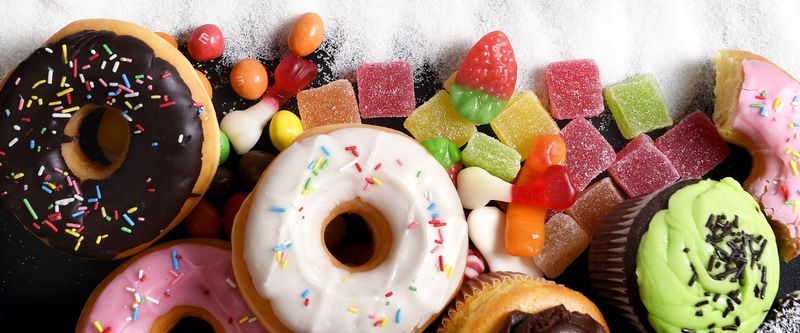
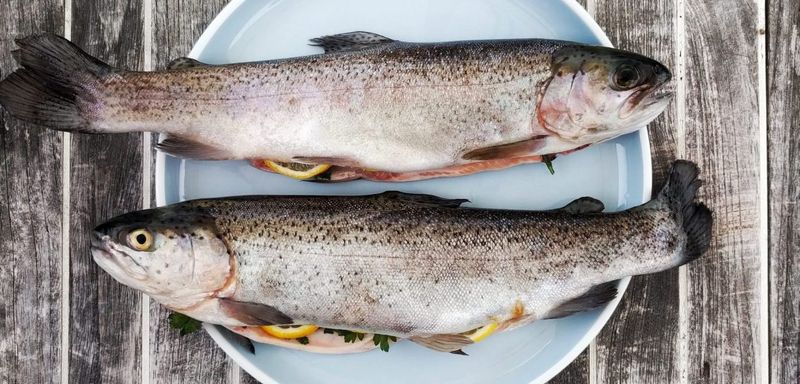
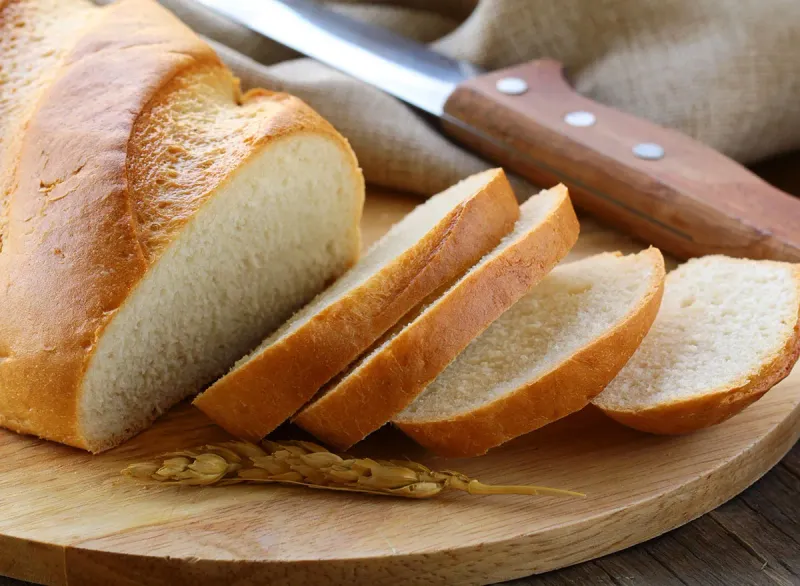
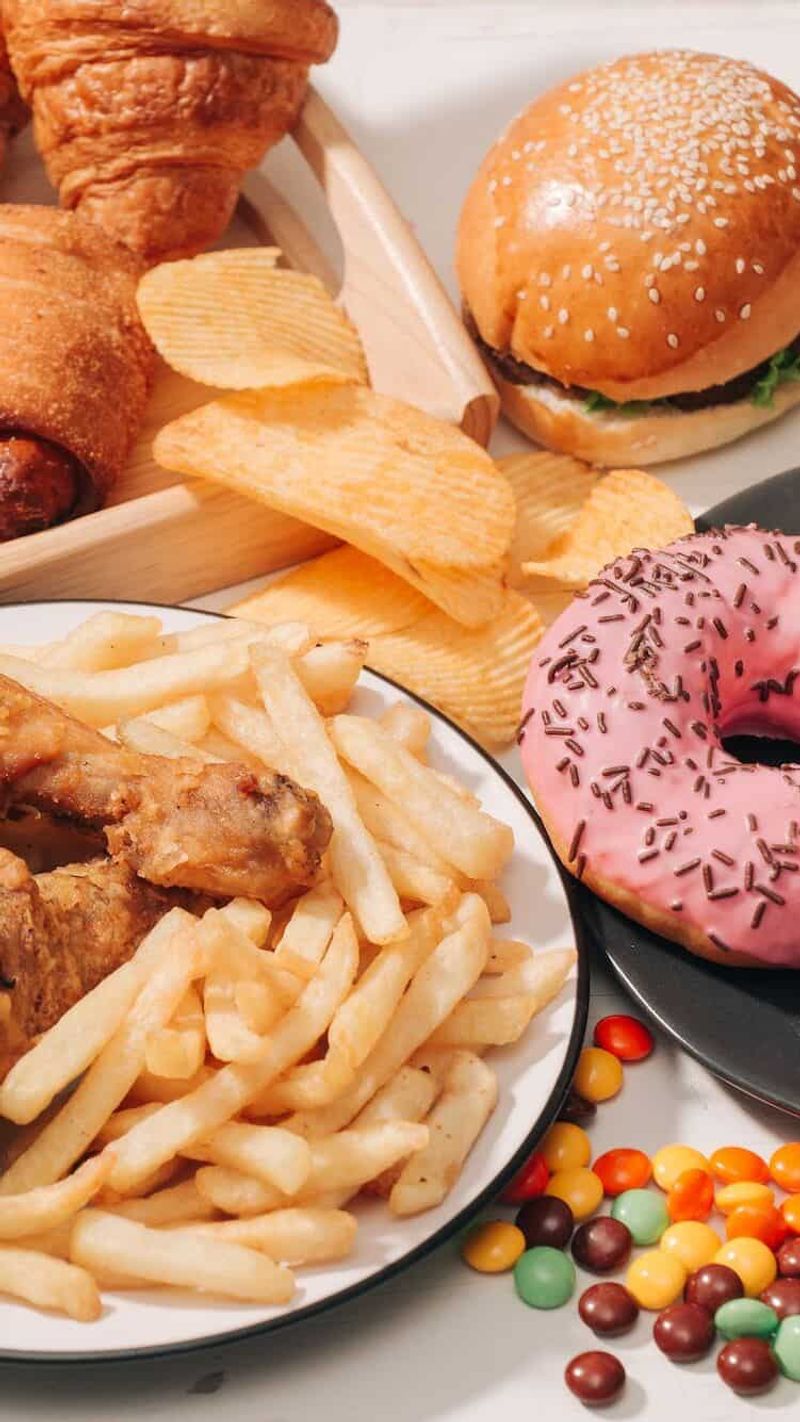

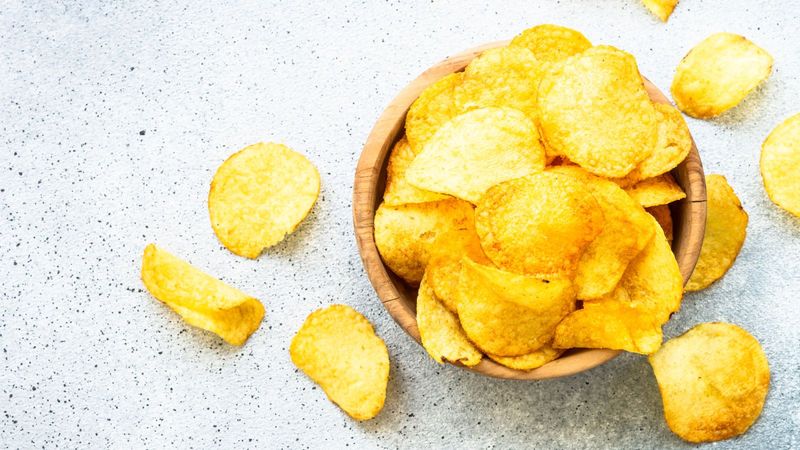
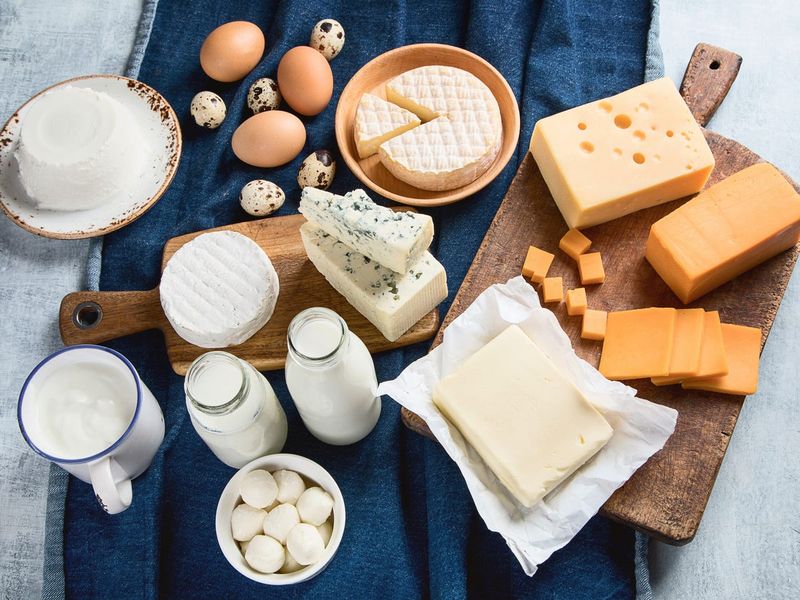

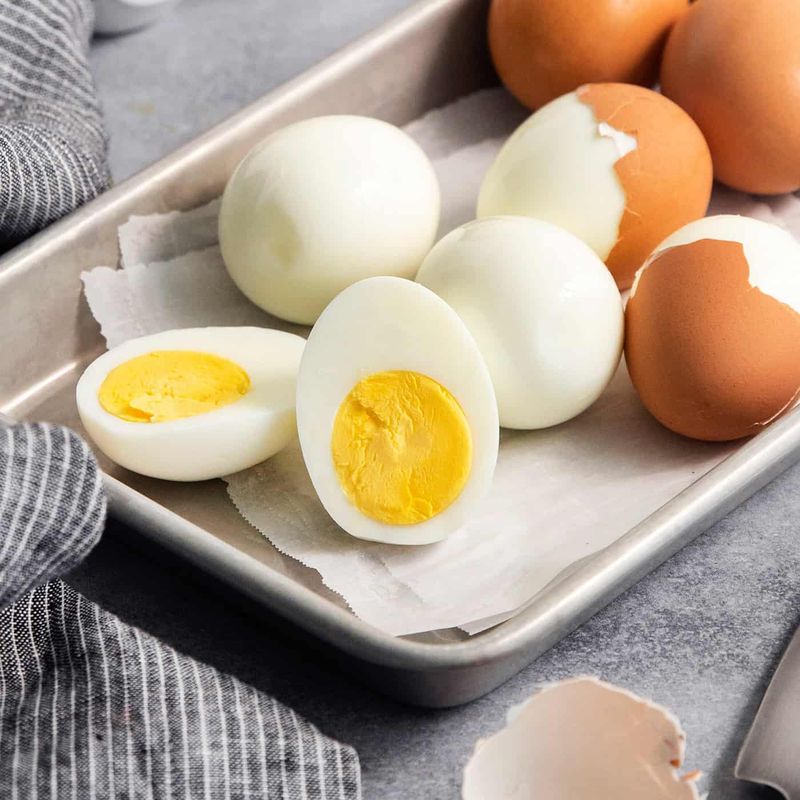
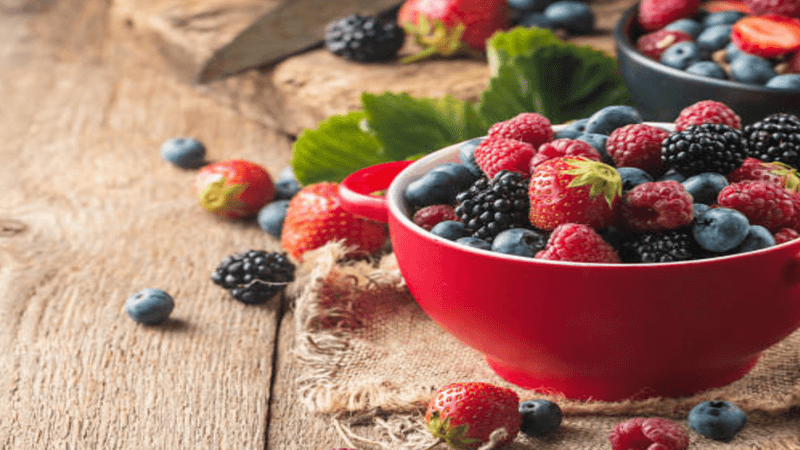
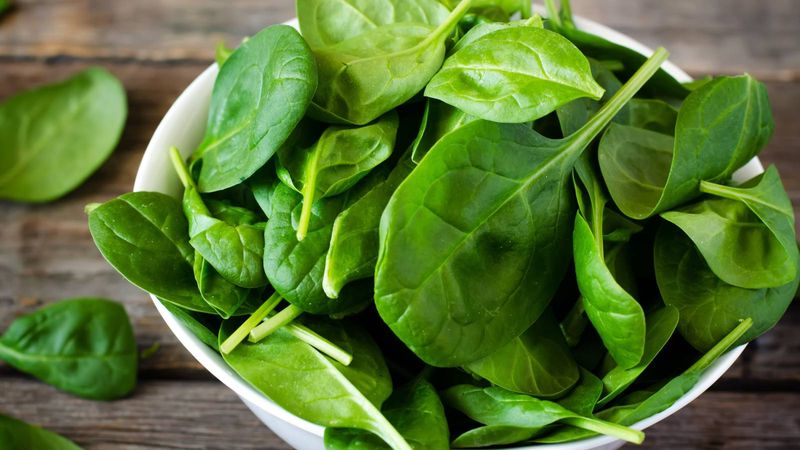
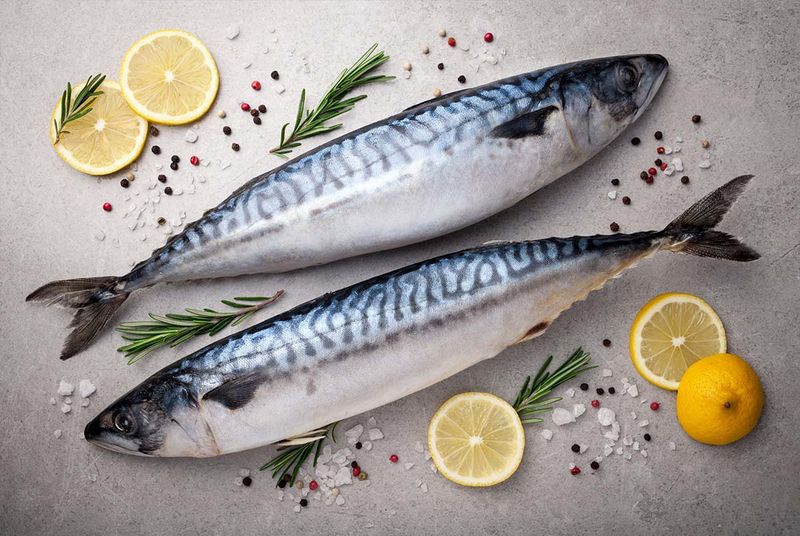
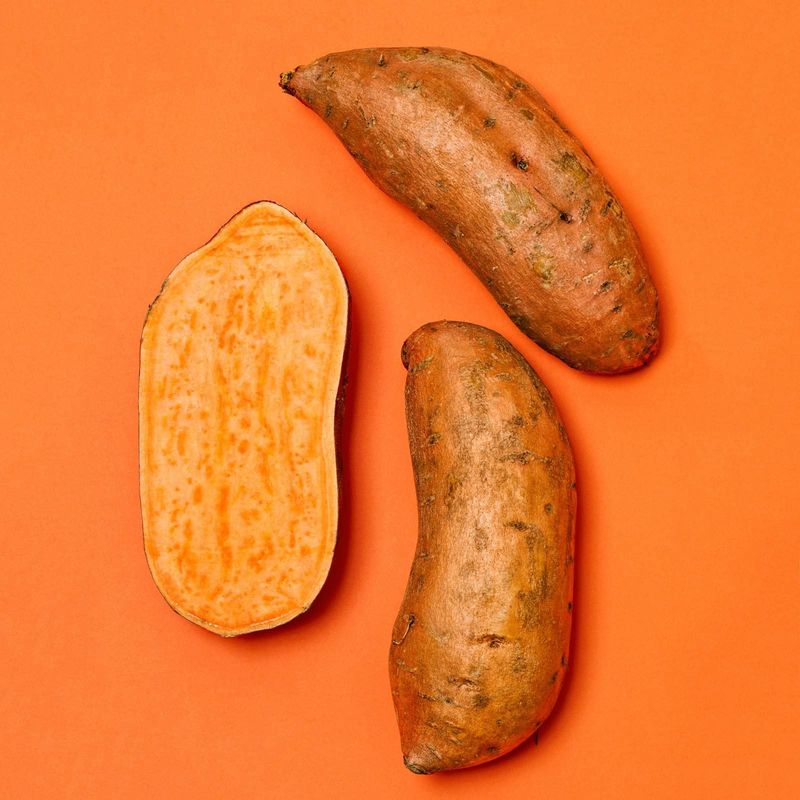
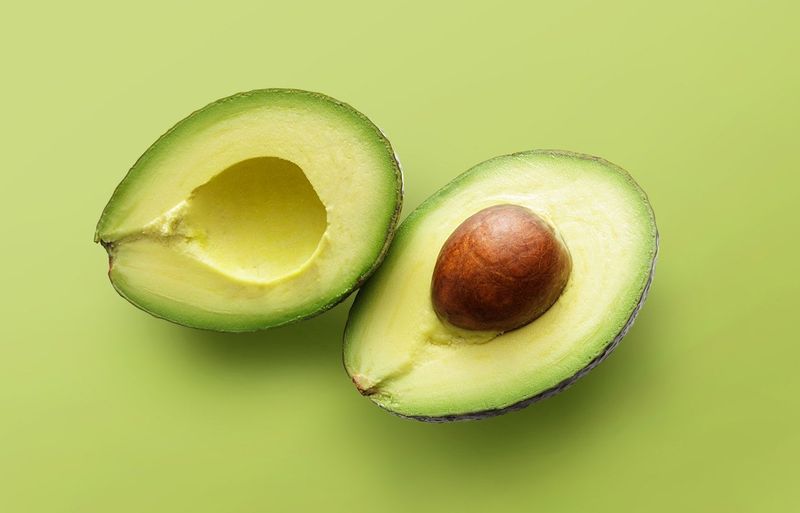
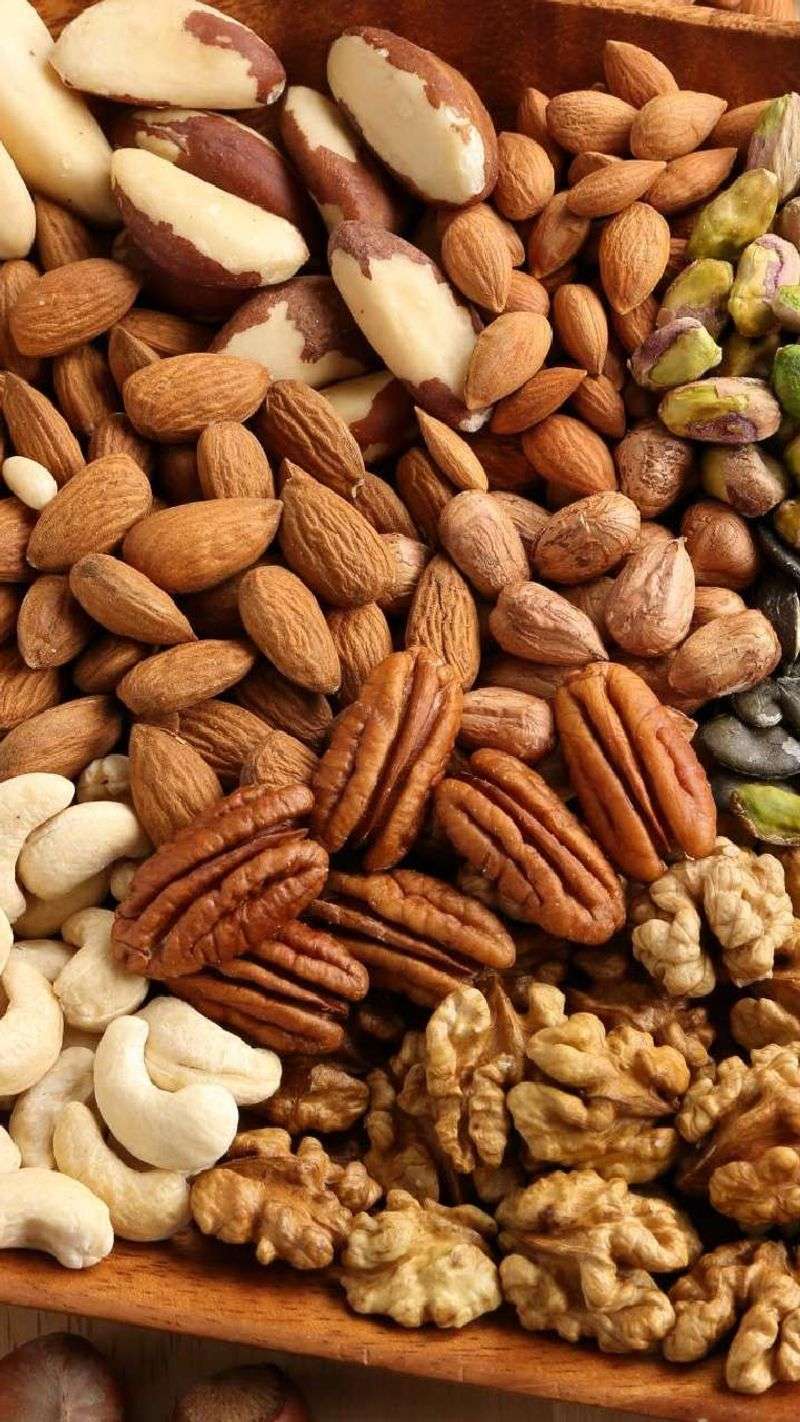
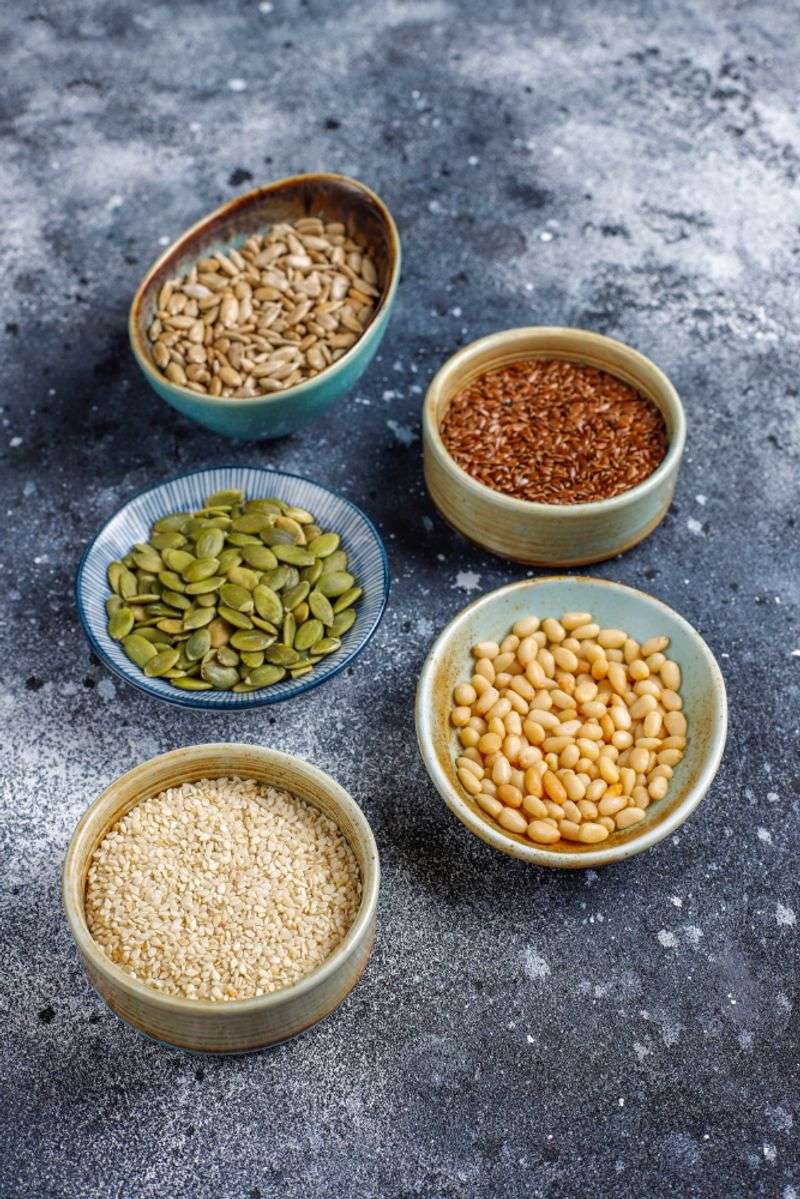
Leave a comment